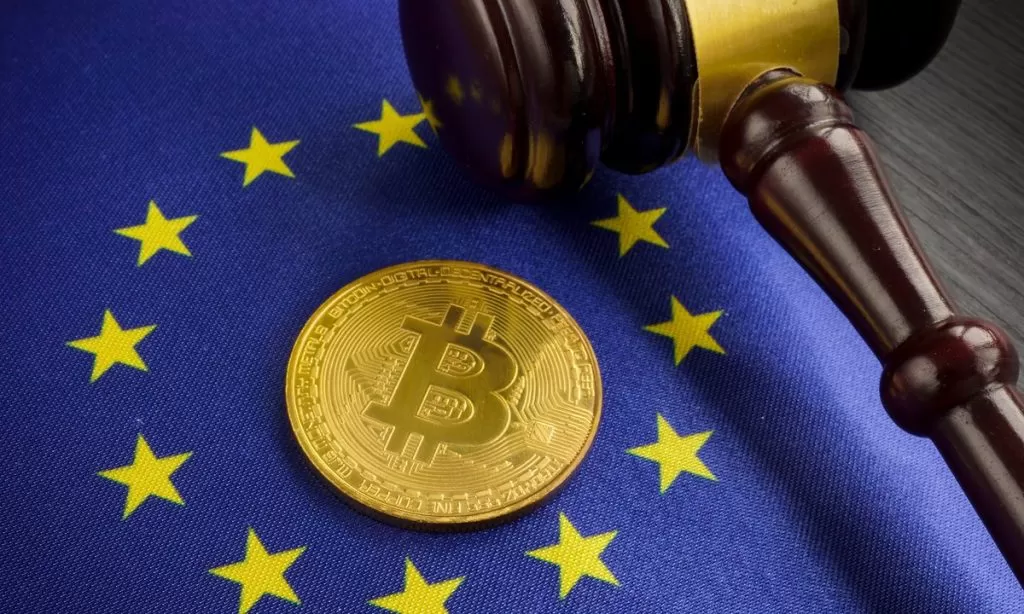The European Parliament has endorsed a comprehensive package of anti-money laundering regulations, extending its reach to encompass various financial sectors, including cryptocurrency. These measures, in addition to enforcing heightened due diligence, grant journalists and other interested parties direct access to beneficial ownership information stored in national registries.
The newly approved laws represent a significant step in tightening money laundering and terrorist financing controls across the European Union. They address areas such as large cash transactions, cryptocurrency firms, and even football clubs. Alongside establishing a unified rulebook for the EU’s 27 member states, the package establishes an anti-money laundering authority in Frankfurt tasked with supervising the implementation of these frameworks, particularly focusing on entities deemed high-risk by the bloc.
Under these regulations, obliged entities, such as banks, asset and crypto asset managers, as well as real and virtual estate agents, must conduct enhanced due diligence and identity checks on customers. Suspicious activities detected during these processes must be reported to Financial Intelligence Units and other relevant authorities.
Crypto policy observers within the EU have expressed concerns regarding the potentially disproportionate strictness of the requirements imposed on digital assets compared to other financial sectors, an issue raised since the bloc reached a political agreement on the package in January.
Furthermore, the new measures aim to provide individuals or entities with legitimate interests, including journalists, media professionals, civil society organizations, and competent authorities, immediate and unfiltered access to beneficial ownership information stored both nationally and at the EU level. This information pertains to identifying details about individuals or entities that own or control companies.
Having undergone scrutiny by a joint parliamentary committee in March, the texts of the package were subject to a plenary vote on Thursday. For these regulations to come into effect, formal adoption by the EU Council, comprising lawmakers from member states, is still required.
You can also freely share your thoughts and comments about the topic in the comment section. Additionally, don’t forget to follow us on our Telegram, YouTube, and Twitter channels for the latest news and updates.


